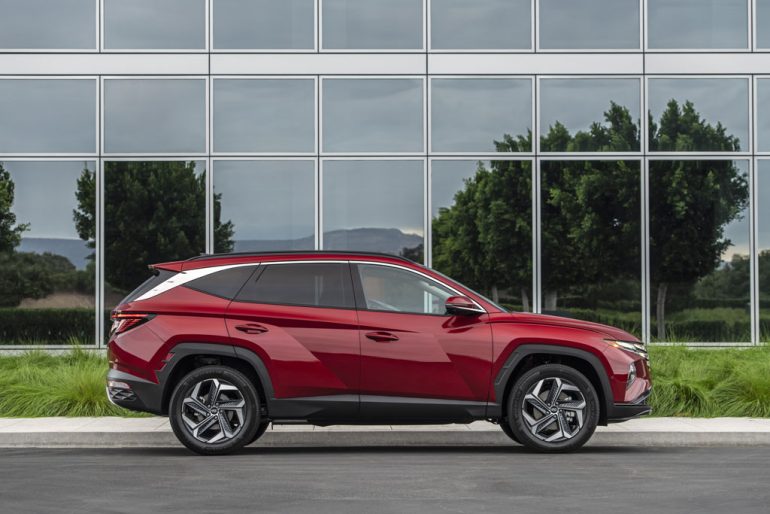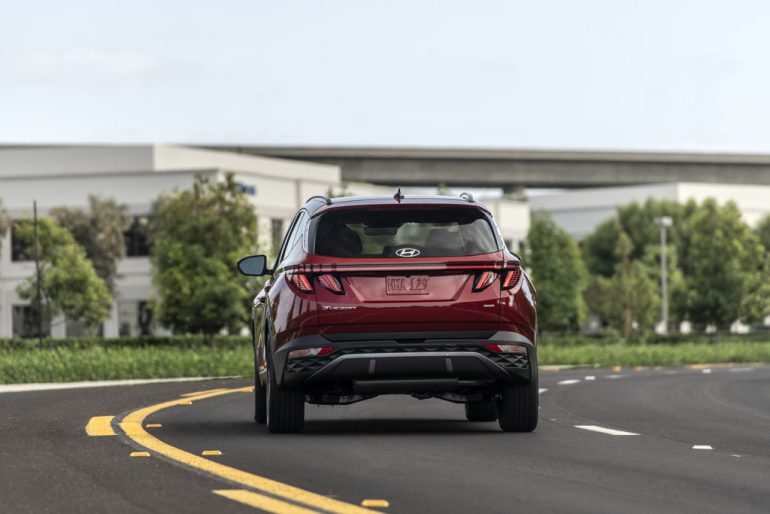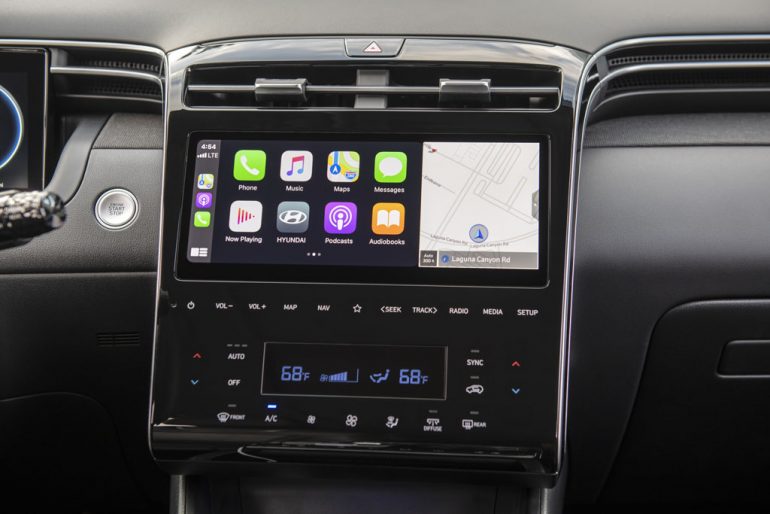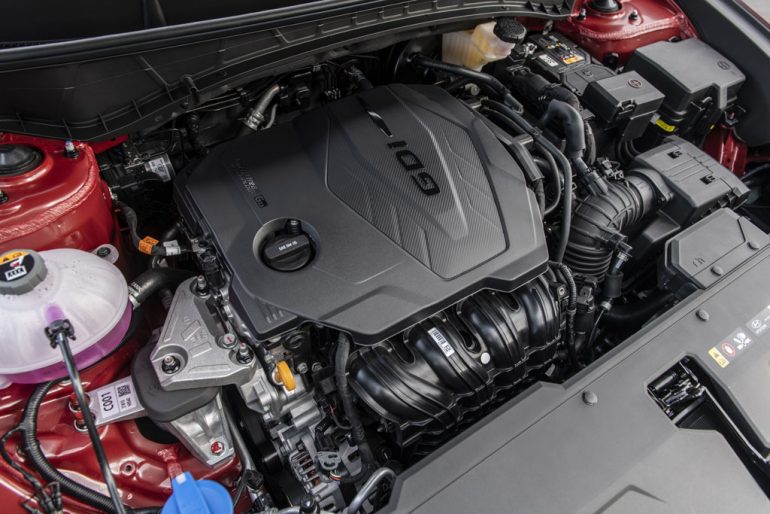
Hyundai continues its trend of catering to diverse audiences by offering a range of crossover utility vehicles, complete with various powertrain options. Among these, the compact Tucson stands out with its introduction of a plug-in-hybrid electric vehicle (PHEV), which falls in line with the automotive industry’s shift towards an electric future. Exploring the nuances of the new Tucson PHEV reveals a compelling package that’s continued for a few years to make its mark in the competitive compact crossover segment.
The 2024 Hyundai Tucson already has commendable attributes as a compact crossover, offering spacious accommodations akin to midsize counterparts. The addition of the Tucson PHEV further enhances its appeal, blending a plethora of features with remarkably comfortable interiors. Under the hood, the PHEV variant combines a 1.6-liter turbocharged 4-cylinder engine with a 66.9-kW electric motor, all managed by a 6-speed automatic transmission powering all four wheels.

The collaborative effort of the electric motor and gasoline engine yields an output of 261 horsepower and 258 lb-ft of torque. When propelled solely by the gas engine, drivers can still enjoy a respectable 187 horsepower and 178 lb-ft of torque. This translates to decent acceleration using some of the instant torque from the electric motor, with the Tucson PHEV capable of reaching 60 mph in 7.1 seconds, positioning it favorably within its class.
While operating in electric mode, the motor’s 90-horsepower output, complemented by the transmission’s gearing, delivers smooth acceleration without compromising efficiency. Transitioning between electric and hybrid drive modes is seamless, with the gas engine engaging only during exigent situations, such as sudden acceleration or overtaking maneuvers. Notably, the Tucson PHEV offers flexibility in charging options, with a full recharge taking just over 10 hours via a standard household outlet or around 3 hours using a Level 2 charger.
Equipped with a 13.8-kWh battery pack, the Tucson PHEV delivers an impressive all-electric range of around 33 miles, subject to various power consumption factors. Furthermore, features like the driver-only setting for the dual-zone automatic climate control system contribute to optimizing energy utilization, enhancing overall efficiency.

The Tucson PHEV’s driving dynamics closely mirror its conventional counterpart, albeit with a slightly perceptible increase in weight attributed to the battery pack. Nevertheless, the enhanced power output compensates for this, ensuring a confident and engaging driving experience. The inclusion of all-wheel drive as standard further augments traction and stability, particularly in adverse conditions.
Fuel efficiency remains commendable, with the Tucson PHEV delivering a combined city/highway gasoline mileage just shy of the EPA estimates of 35 mpg. However, optimal efficiency is achieved when utilizing the fully charged battery pack, enabling a remarkable 80 mpg with the added benefit of the 33-mile EV range using a full 11.1-gallon tank of regular fuel.

Echoing the high standards set by its predecessors, the interior of the Hyundai Tucson PHEV is practical without much excitement. Notable highlights include a user-friendly dashboard layout, featuring touch-capacitive buttons beneath the expansive 10.25-inch infotainment touchscreen. The system, while intuitive, may demand additional attention due to the touch-sensitive interface, potentially detracting from the driving experience.

Comfort is respectable, with power front seats offering heating and ventilation and decent positioning during extended journeys. Rear occupants enjoy ample legroom for a compact-classified crossover and the luxury of heated outboard seats in the top-tier Limited trim.

Technological advancements are evident with the user friendliness of the Tucson while you have seamless integration of Apple CarPlay and Android Auto that’s only connected through USB. The infotainment setup is complemented by a 10.25-inch digital gauge cluster offering unique displays tailored to different drive modes. However, improved clarity on PHEV-specific information, such as battery charge retention and acceleration thresholds that are clearly marked would help the overall user experience.

The Hyundai Tucson PHEV prioritizes safety just as any other new vehicle does with an extensive array of active safety features designed to mitigate potential hazards. Adaptive cruise control, lane-keeping assistance, and automatic emergency braking are among the notable inclusions.

In terms of pricing, the Tucson PHEV is offered in two trim levels, with the base SEL starting at $35,400 and the upscale Limited trim, like my test vehicle, is priced at $43,200. Additional charges, including an inland and freight fee of $1,245, should be factored into the overall cost. Despite minimal optional extras, both trim levels offer a decent suite of features, which remains a good value for discerning buyers.

Note: Hyundai has updated the 2025 model year Tucson, which you can view here!

Malcolm Hogan is the founder and editor of Automotive Addicts, a trusted voice in the automotive media world for over two decades. With 20+ years of hands-on experience covering the industry, Malcolm has built a reputation for delivering honest reviews, sharp insights, and in-depth coverage of everything from new car debuts to high-performance test drives. Passionate about the evolving car culture and staying ahead of the curve, Malcolm continues to lead Automotive Addicts as a go-to destination for enthusiasts and industry insiders alike.